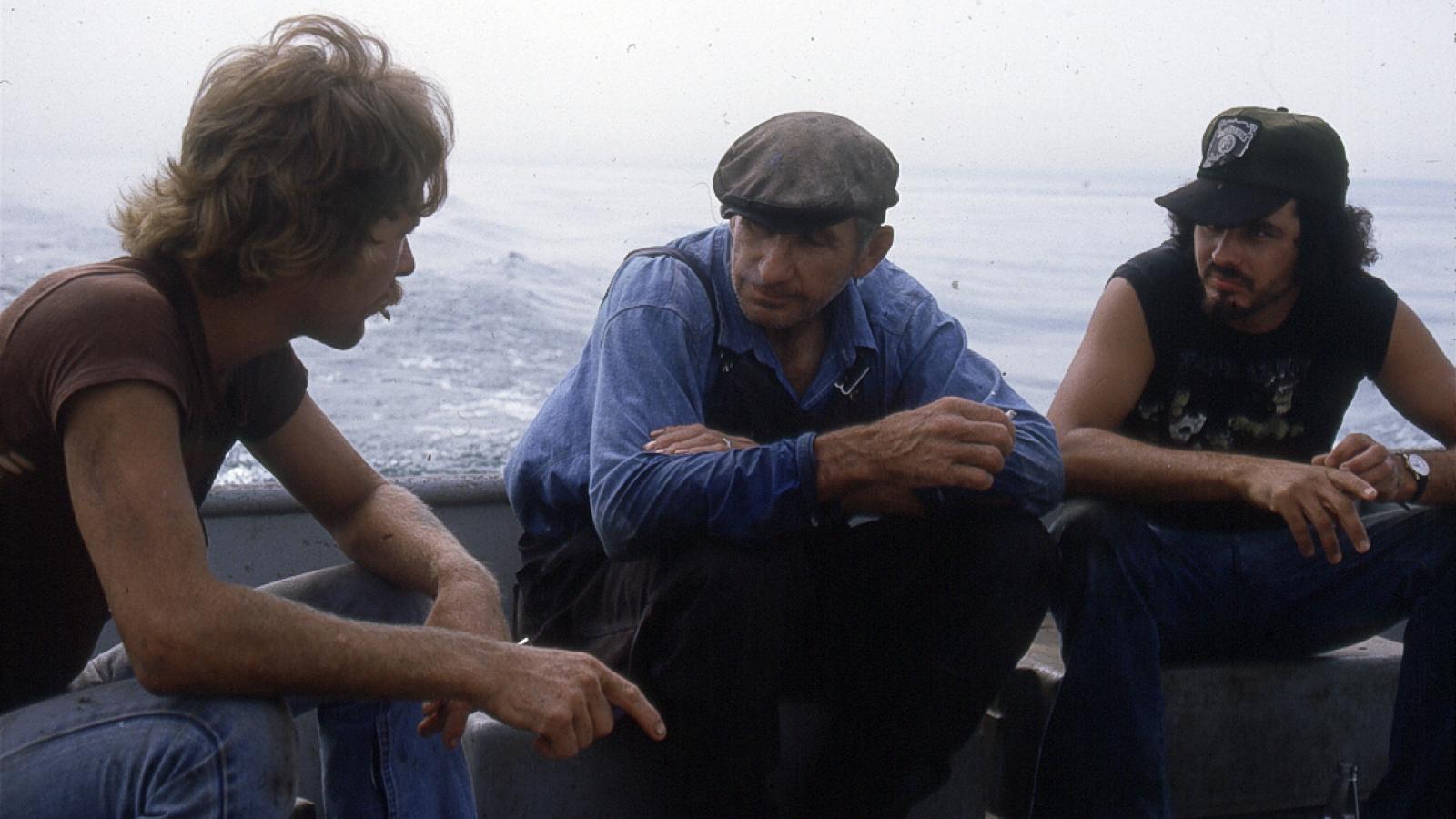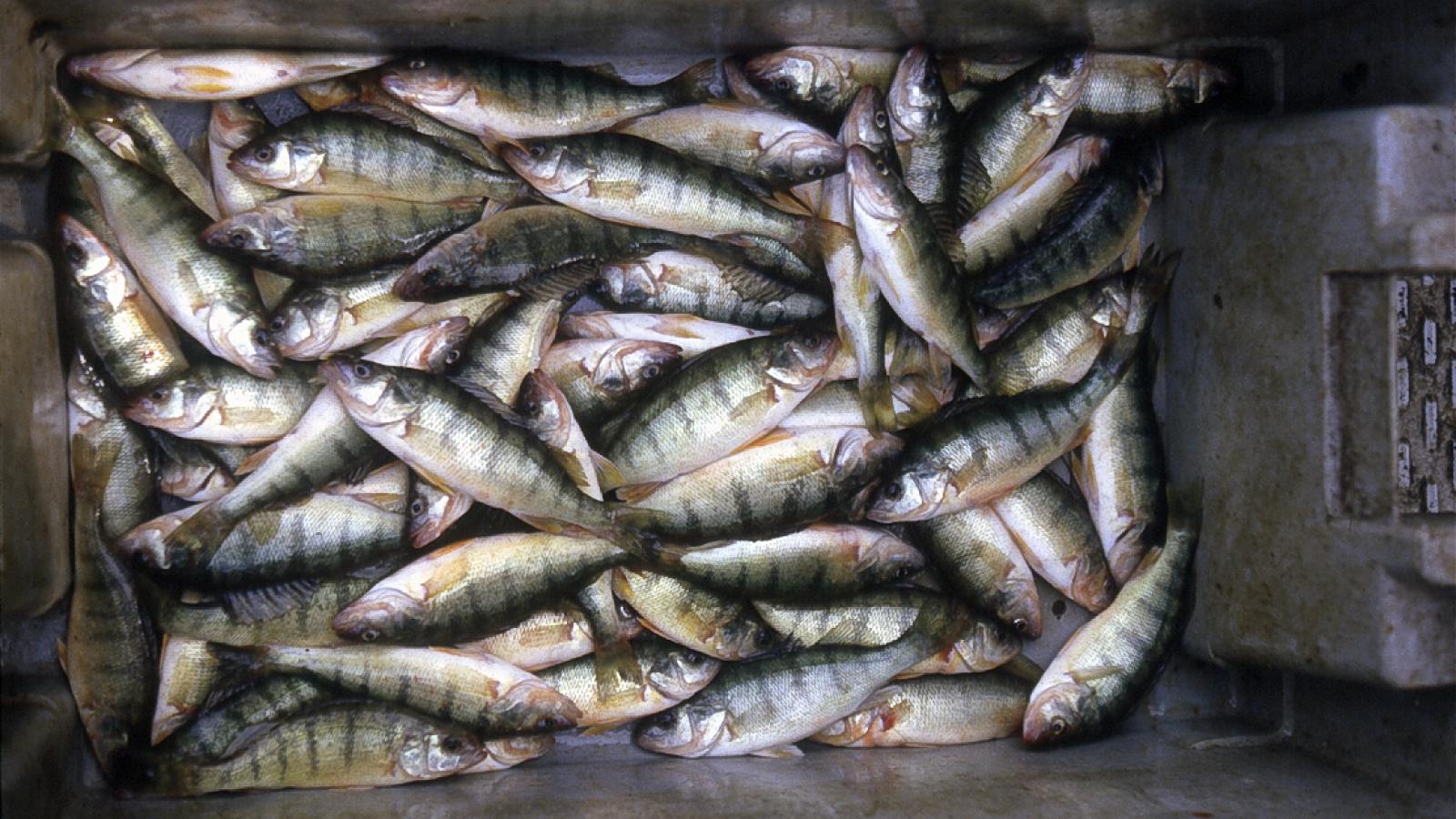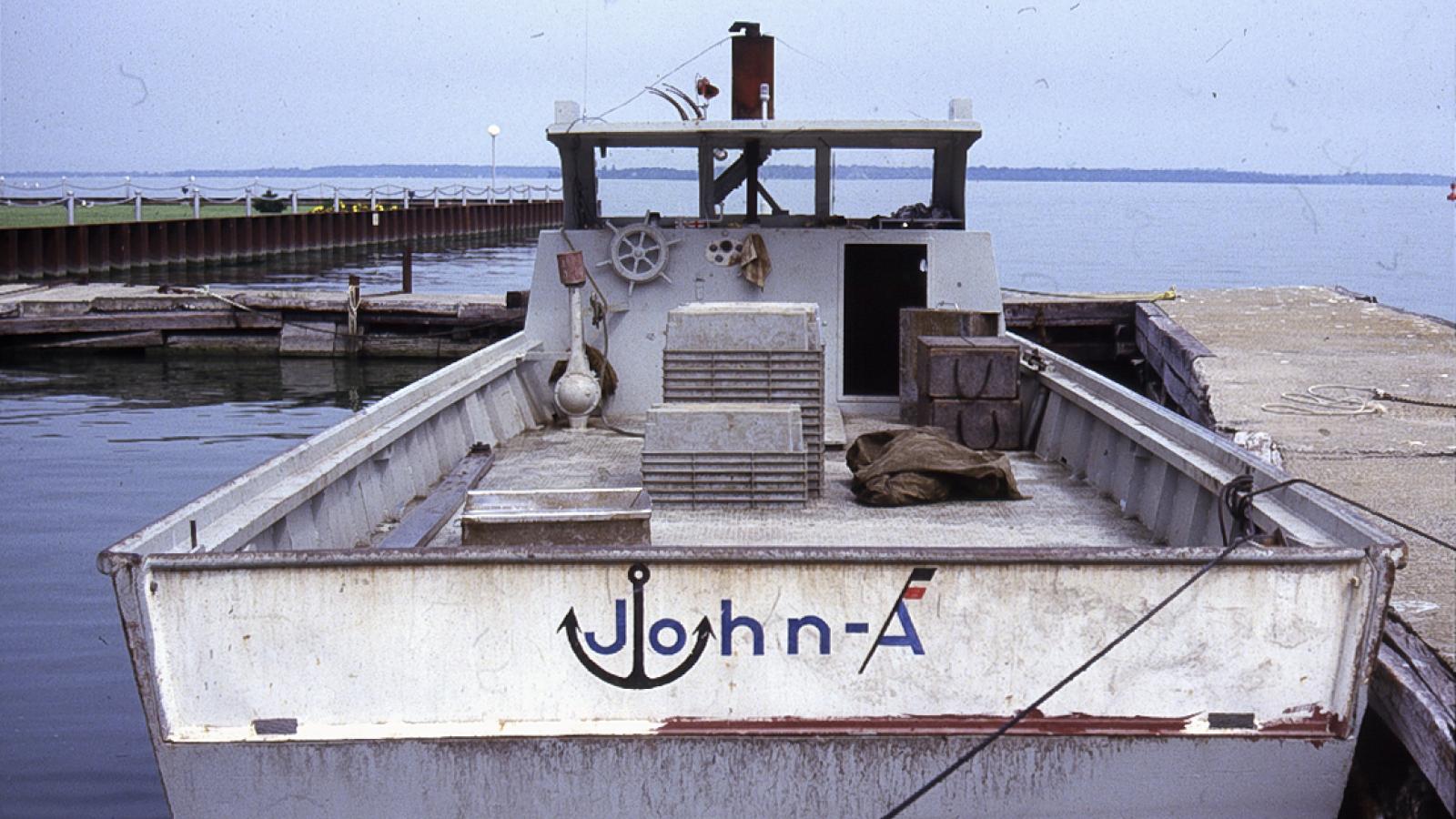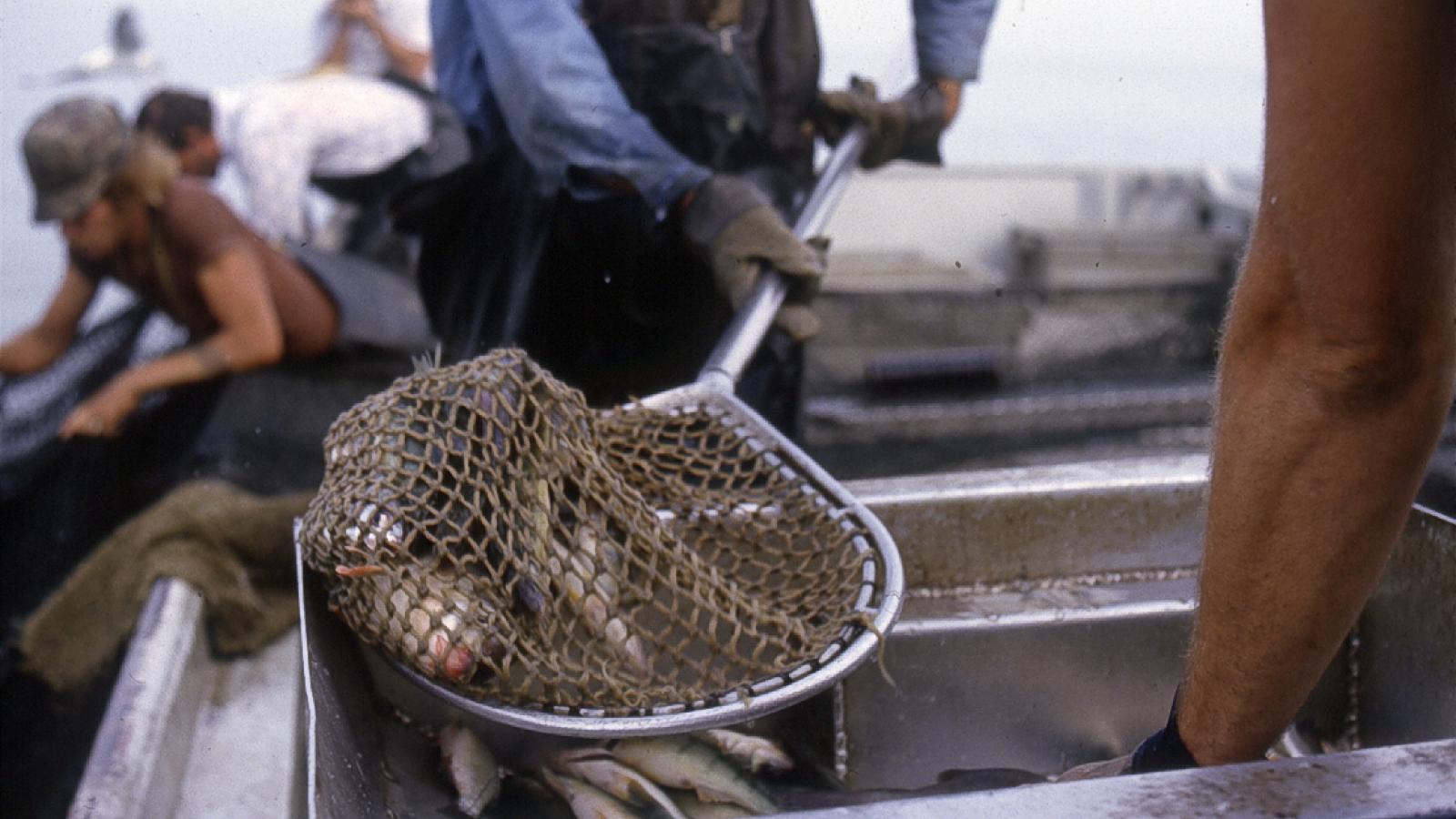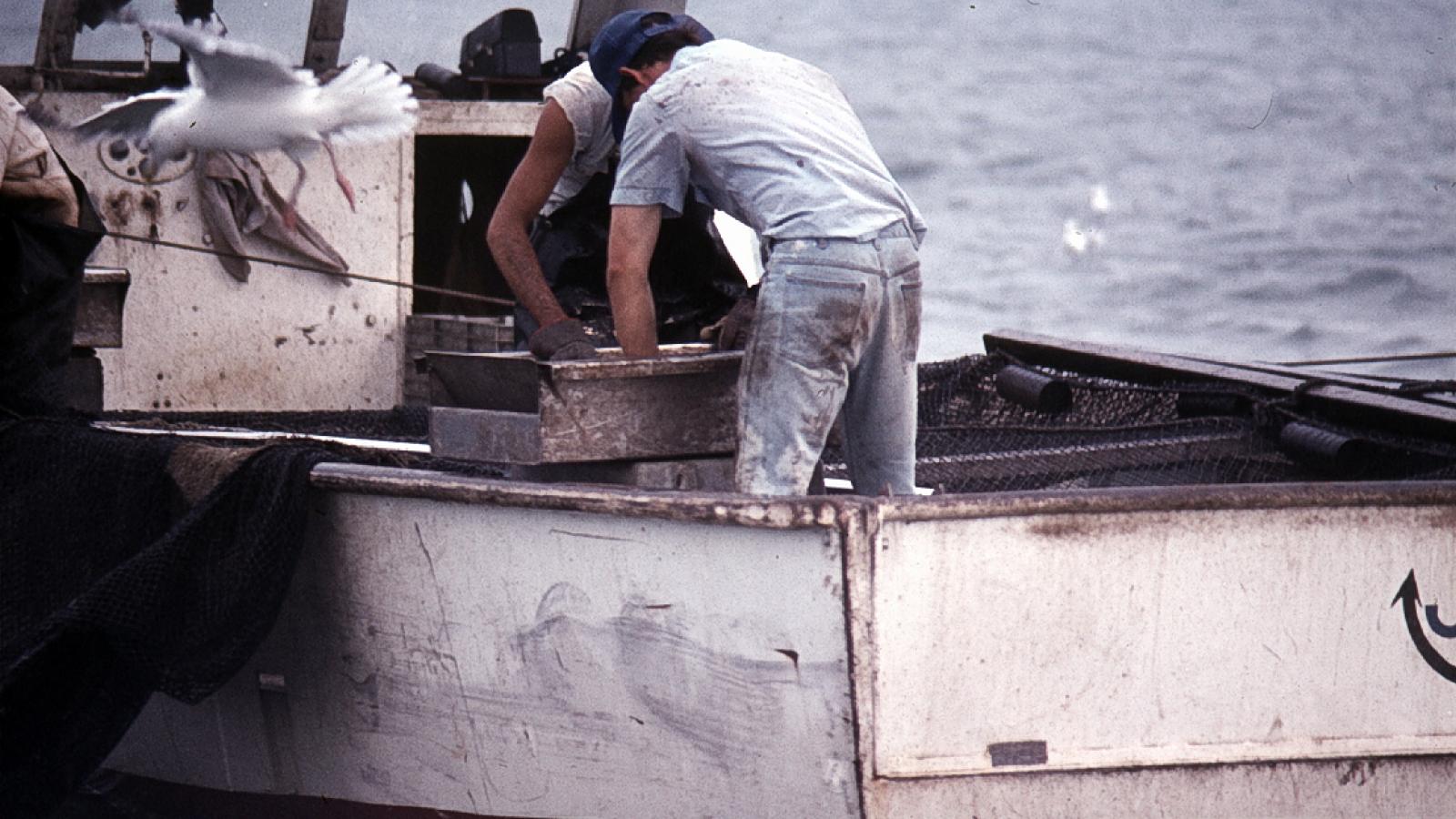Identity
Nearly every fisherman told us another sort of story, which changed in detail from individual to individual, but which was fundamentally the same for all. We have come to call this the "it gets in your blood" story, and it describes the fishermen's identity in their own terms.
Many times, even the pattern of conversation in which the story was told was the same. We asked about the nature of the work, and the fishermen would respond with detailed descriptions of hard work, long hours and low pay. They would dwell on the unfairness of the commercial fishing laws. The fishermen presented themselves as threatened individuals and as a threatened group. Why then, we asked, do you continue to fish? Given all the hardships, why do you choose to be a fisherman in the first place? There are other jobs available in the area; why not take them?
They usually respond with such stock phrases as: “It gets in your blood.'' "Once you've fished, you don't want to do anything else." "I like working outdoors and being my own boss." Specific occupational values are reflected in these statements. By saying it is in their blood, they are admitting that they cannot really explain the hold fishing has on them; it is intuitive, perhaps irrational and beyond reason. The activity has become a part of their psychological well-being. The word “blood” also suggests the traditionality of the work: their fathers and grandfathers were fishermen, and they have inherited the love of fishing from them. A sense of continuity, of being part of a tradition, keeps them from breaking that line. The fact that they all said basically the same thing shows their shared values and sense of community. The values of individualism and freedom are also projected here: the captain/owners are indeed their own bosses, and even the deckhands have more freedom than they would in factory jobs. They work long set hours during the season, but then during the off season, they are free to do what they want. Even though economic, governmental and biological conditions make them no longer as independent as they would prefer to be, fishermen clearly value their independence and regard it as an entitlement based upon their knowledge of the Lake and their history on it. The important point here is not so much the actual freedom and individuality they have, but that according to the stock phrases they say and the stories they tell, they see themselves as having them.
The major values which are at the core of the fishermen's identity are freedom, independence, and an almost mystical attachment to the work, the continuity of tradition, and community. "We're free men" is a direct statement of their self-image; here it is stated defiantly against the sense of hostility they feel from the non-fishing community. Sport fishermen see them as pillagers of game fish, and the general public regards them as unkempt alcoholics. Their occupational identity comes from within the group but is in some ways a reaction to the negative ways they are portrayed from the outside.
Some fishermen make their stories more complicated by describing the exact reasons for leaving the fish business, derails factory work, their relationship with their boss, and the final confrontation with the boss which severs their ties with the factory and frees them to return to the boats. Whether long or short, simple or complicated, the stories can be seen as one because they all follow the same pattern. The narratives heighten the image of the freedom-loving, independent fisherman by placing him in an artificial, human-made environment where these values are suppressed, and then they show the ultimate triumph of these values by the fisherman to his natural home on the sea.
Occupational memory and identity have become increasingly important as they perceive growing forces against them. As their very occupation itself is threatened with extinction, they hold on even more tenaciously to their identity and project it more defiantly through their experience narratives.
Interview Transcript Excerpt
Tim Lloyd: Well, the feeling I get just from talking to a few guys is that one of the things - well, fishing is tough to do. It’s harder to make a living I guess than it was four years ago. But the people who do it generally seem to like it because you're your own boss.
Larry Davis: That's the lesser part. When you get enough of that fish slime in your bloodstream, you never get it out. I started going out when, I guess, I was only four years old. And I liked it, and dad was in a partner-ship, and he sold out, I guess, when I was probably in the 7th or 8th grade. And, then just as soon as I was old enough and got a work permit, I started working part-time, and then went full -time right after school.


